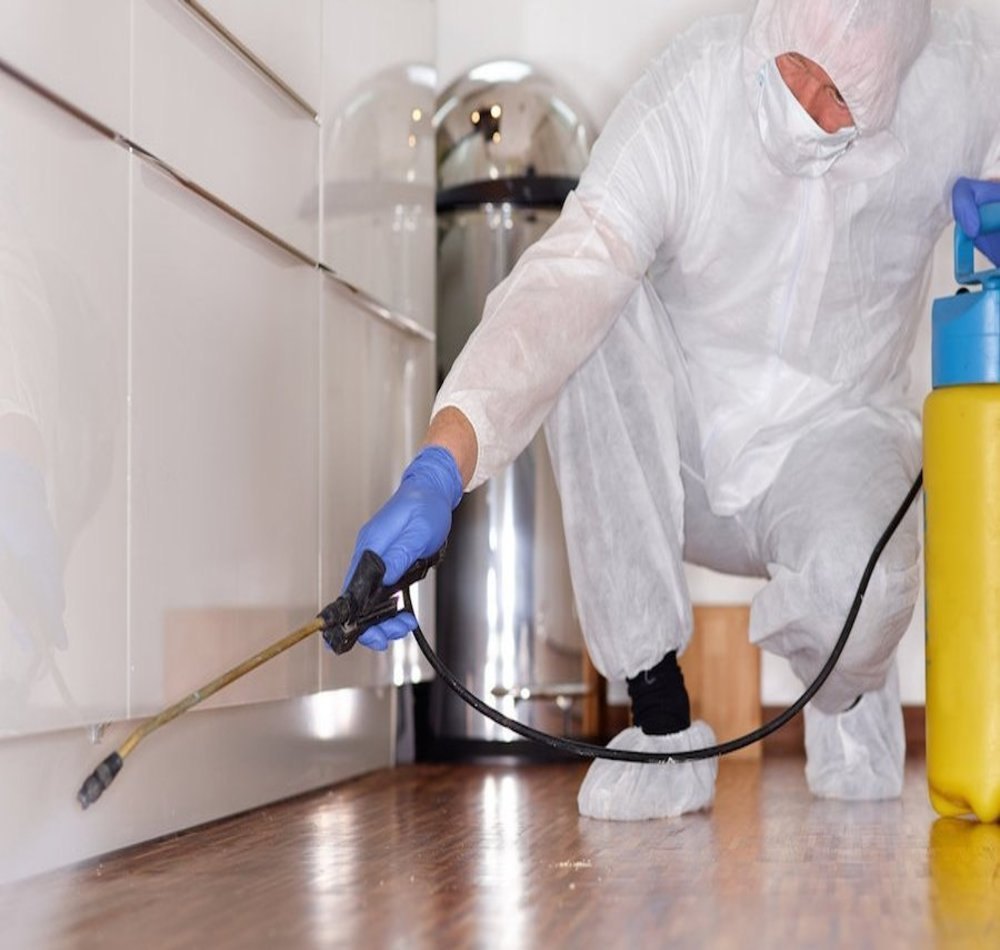Pest control is a necessary service that helps homeowners and businesses maintain a safe and healthy environment. From small insects to larger rodents, pests can spread diseases, damage property, and be a nuisance to those who come across them. This is why effective pest control services are crucial in preventing infestations and eliminating existing ones.
But what makes some pest control services more effective than others? The answer lies in the science behind it.
Firstly, effective pest control services start with proper identification. Knowing the specific type of pest being dealt with is crucial in determining the best approach for eradication. Not all pests respond to the same treatment methods, so identifying them allows for a more targeted and efficient solution.
This leads us to another key aspect – understanding the behavior of pests. Pest control professionals are trained in how different pests act, breed, and spread within an environment. By studying their habits and movements, they can determine where they are most likely to be found or how they might enter a property. This knowledge allows for strategic placement of baits or traps for maximum effectiveness.
Moreover, effective pest control involves using products specifically designed for each type of infestation. These products not only https://techbullion.com/what-are-some-alarming-signs-it-is-time-to-hire-professional-pest-services/ target active pests but also work towards preventing future infestations by targeting breeding sites or destroying nests or colonies.
The use of integrated pest management (IPM) techniques also plays a significant role in achieving long-term results with minimal environmental impact. IPM combines various strategies such as sanitation practices, exclusion methods (preventing entry points), biological controls (using natural predators), and chemical measures when necessary.
Additionally, professional-grade equipment plays an essential role in successful pest control services. Companies that invest in state-of-the-art tools such as thermal imaging cameras or moisture meters have an edge when it comes to detecting hidden infestations or identifying areas vulnerable to potential problems.
The timing of treatments is also critical when it comes to effective pest control services – both for prevention and eradication. In some cases, pest control professionals may use a combination of preventive and reactive measures to ensure complete protection against pests. For example, scheduled treatments can prevent infestations before they occur, while emergency call-outs are necessary for active infestations.
Furthermore, communication is key to the success of any pest control service. Effective communication between the pest control company and the client allows for a better understanding of the problem at hand and ensures that both parties are on the same page regarding expectations and treatment plans.
In conclusion, effective pest control services combine scientific knowledge with proper identification, behavioral understanding, product selection, IPM techniques, advanced equipment usage, strategic timing of treatments, and open communication. It is an ongoing process that requires continuous monitoring and proactive measures for long-lasting results. By relying on science-based strategies instead of quick-fix solutions or DIY methods – which can often have adverse effects – you can ensure a safe and healthy environment free from pests.

